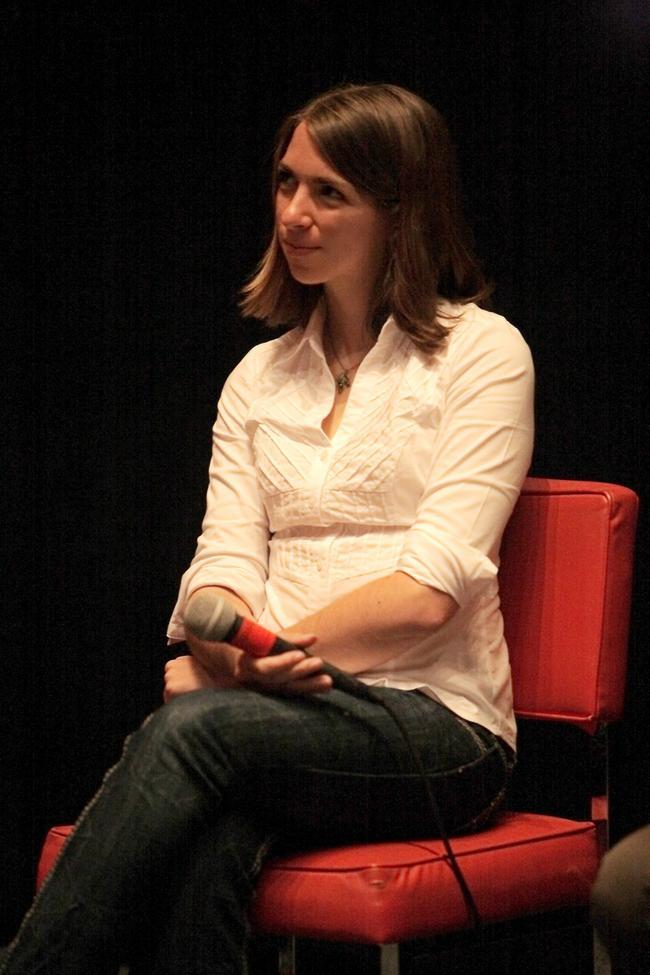Every year, people consume 16 terawatts of energy a year around the world. One terawatt is one trillion watts. An average American household goes through 11,000 kilowatts of this energy by itself.
“Carbon Nation,” shown Thursday at Ragtag Cinema, is a film addressing energy waste and encourages audience members to examine whether their lifestyles are sustainable.
City of Columbia Sustainability Manager Barbara Buffaloe, along with other environmentally-concerned colleagues, presented the movie, which was followed by a panel of academic leaders and students.
Buffaloe has been devoted to reducing the community’s carbon footprint and wanted to use this film to bring the issue of sustainability to light in Columbia.
The film, directed by Peter Byck, was a portrayal of the status of the climate, what society is doing to help it and what the world needs to do to make the environment a cleaner place.
The film emphasized the effects of America’s reliance on foreign oil and dwindling fossil fuels.
“When I lived in Florida, I would say drill, drill, drill,” Sabot6 Inc. CEO Daniel Nolan said. “If oil’s the problem, then maybe it’s not the answer. We have to release ourselves from the tether of oil.”
The film outlined several alternative fuel sources that could help the process of sustainability, including wind power, biofuel, geothermal fuel (heating water for energy), electric transportation and algae fuel.
Cliff Etheredge, partner at Peal Wind LLC in Roscoe, Texas, runs the largest wind farm in the world and was interviewed for the film. Local landowners benefit from the wind turbines by being paid for the electricity produced by the turbines on their land, he said.
The film also described environmental effects that are rooted in American society, like cars and houses.
In the film, Kristina Kershner described her organization, Architecture 2030, which encourages politicians and powerful leaders to employ sustainable building practices.
The film explained that sustainability within the house can trickle down to cracks in windows and poor insulation—families can lose hundreds of dollars a year from these unnoticeable damages.
The film also described how being sustainable can bridge socioeconomic borders, since it is a universal problem.
The subsequent panel discussion included Buffaloe, MU bioprocessing engineer Dave Brune, MU biological engineer Steve Borgelt, MU environmental economist Laura McCann and Sustain Mizzou President Tina Casagrand.
“The film highlights the possibilities for win-win technologies,” McCann said. “I liked how they brought in people who aren’t just the stigmatized hippy environmentalist.”
Borgelt said several of his fellow colleagues are teaching or planning on teaching courses on environmental issues. He said it is good for students, as future leaders, to learn about powering America in ways like this.
“In Columbia, the issue is that we need the demand for energy change,” Buffaloe said. “What we’re interested in is how to let the audience know how much they really need it.”








